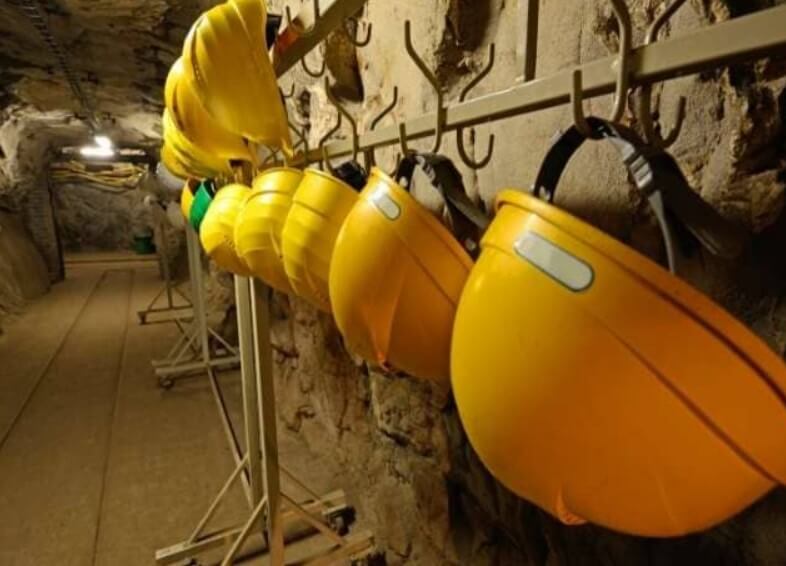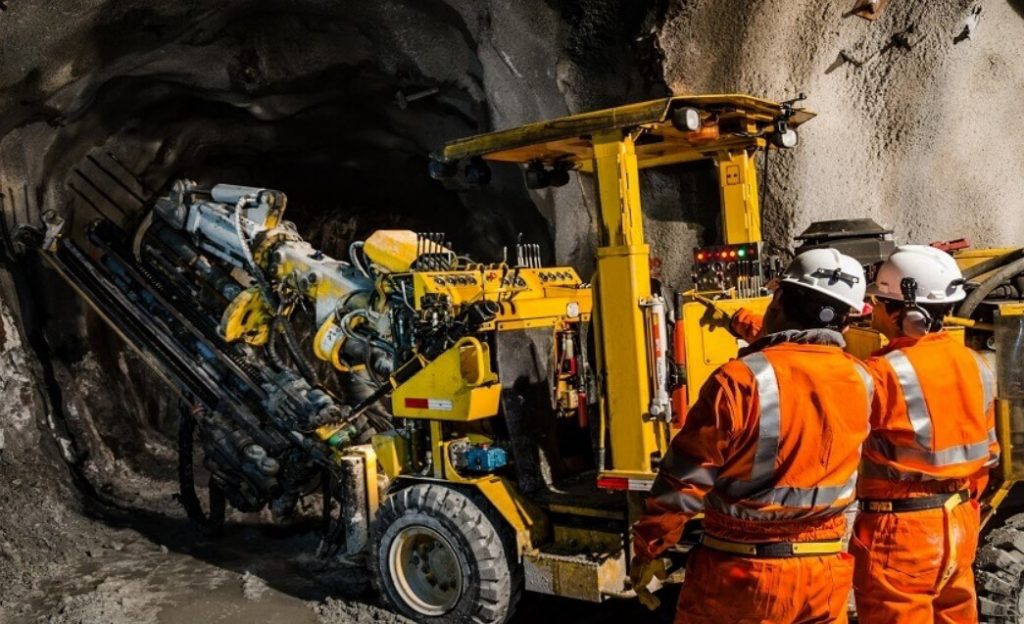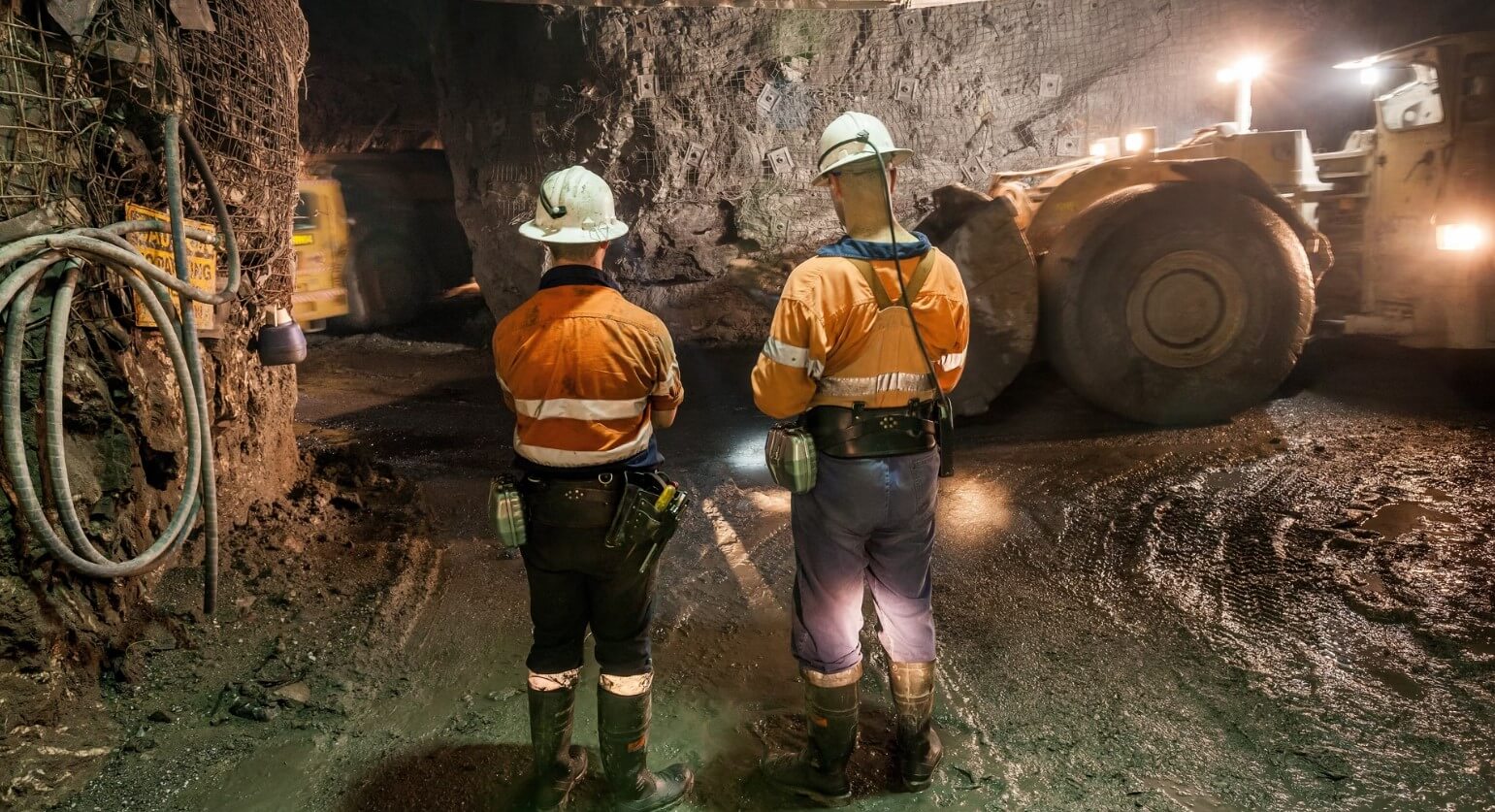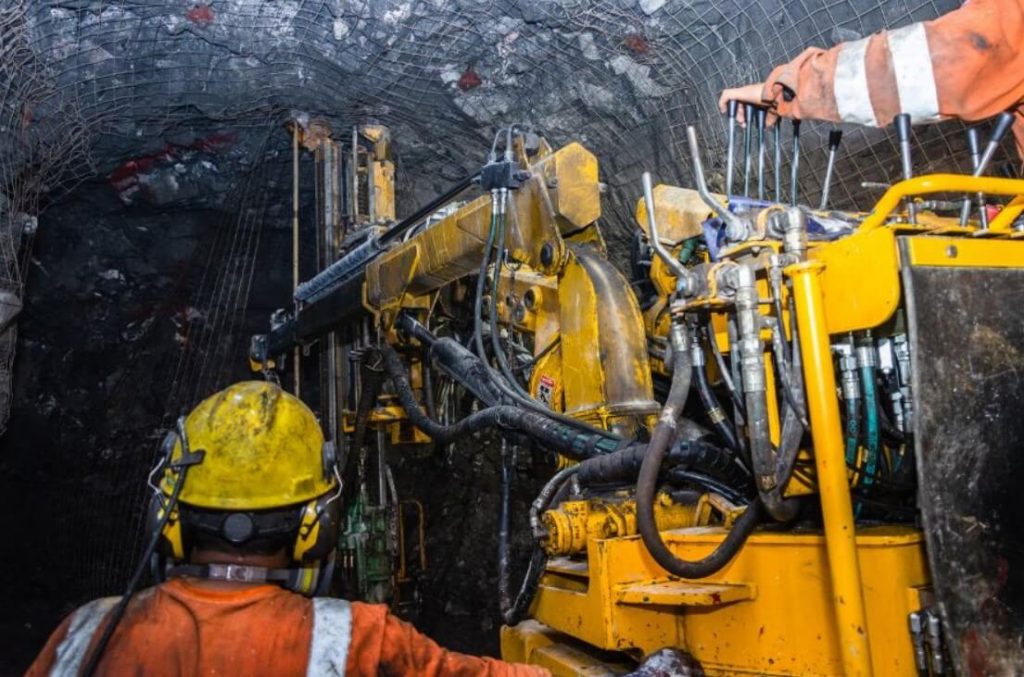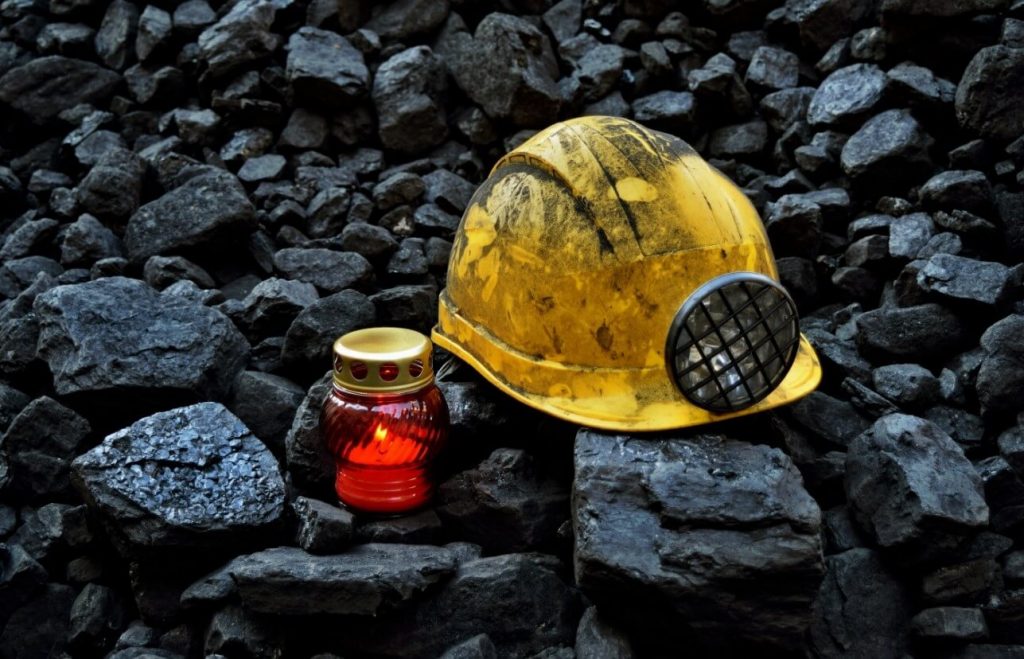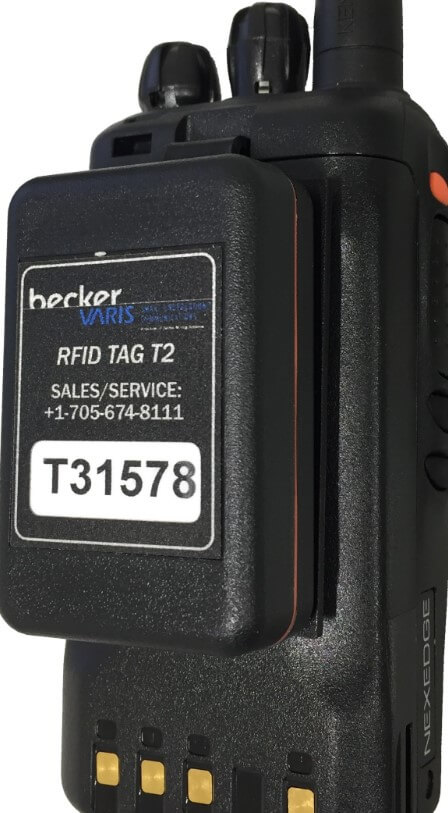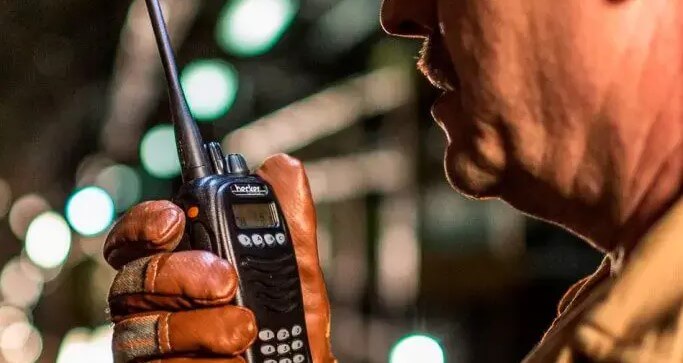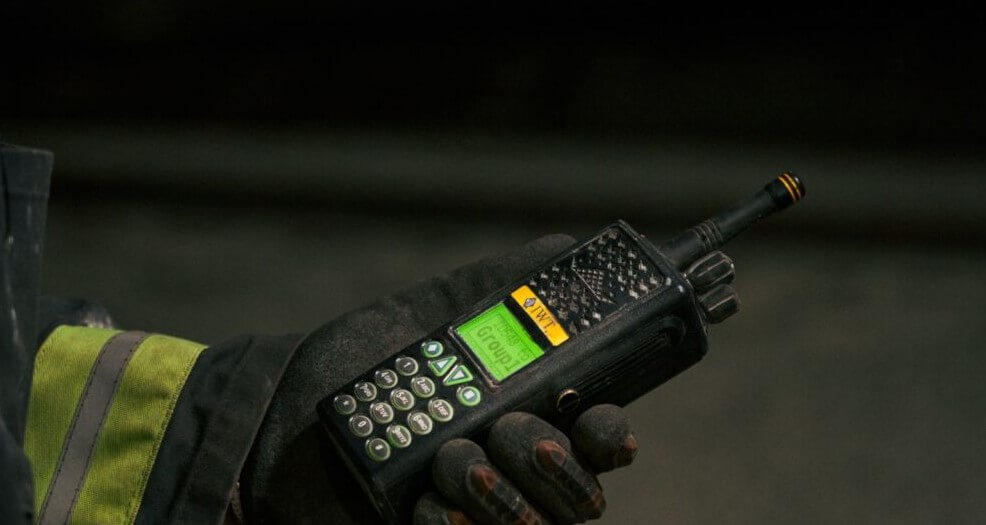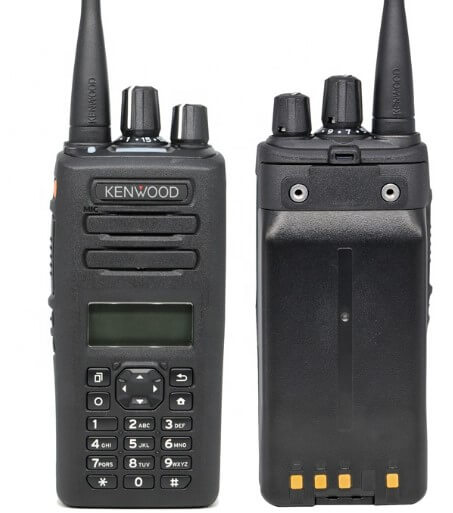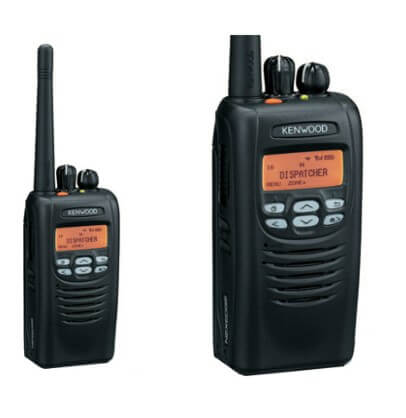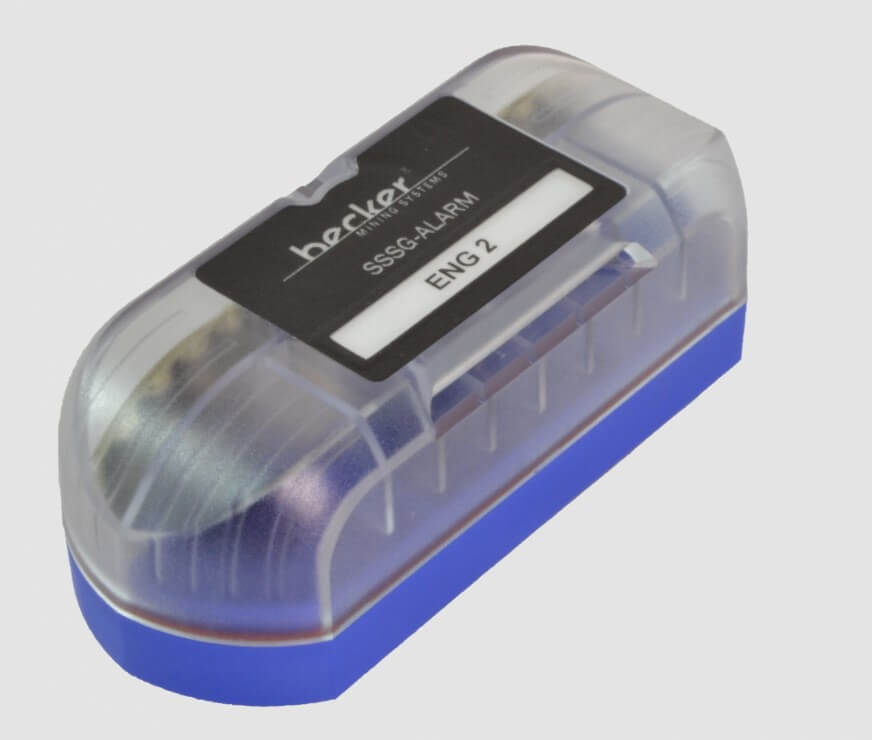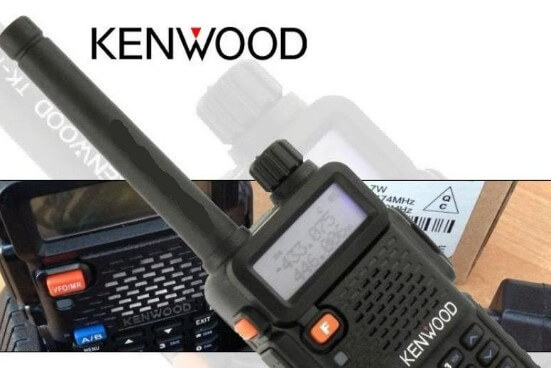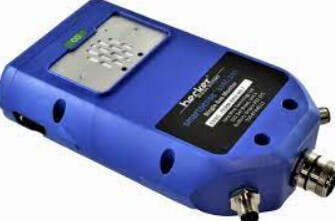In an increasingly connected world, effective communication is essential for seamless interaction. Walkie-talkies or two-way radios are reliable communication devices in a variety of settings. The two-way radio channels and frequencies are essential to the operation of these radios. Learn about the nuances of two-way channels, their implications, and the best practices to optimize communication.

GET IN TOUCH
In a hurry? Call us at +1-724-515-4993
The Spectrum of Channels – How Many Channels Does a Two-Way Radio Have?
Two-way radios are equipped with channels that act as communication frequencies. The frequency list for two-way radios can differ depending on the radio model used and its intended purpose. Consumer-grade walkie-talkies typically have 16 channels. More advanced models for professional use may offer a wider spectrum of channels to meet diverse communication requirements.
What Walkie-Talkie Channels Are Not Recommended?
Some walkie-talkie channels are not for general use and are only for specific purposes. They should never be used without prior authorization. In Alberta, avoid using certain walkie-talkie channels to prevent interference with public safety agencies and government communication. Refer to your user manual or your two-way provider to determine the permissible channels.
Understanding the Handheld Radio Frequency List
The VHF and UHF bands are both included in the two-way radio frequency spectrum. Each band has its own unique characteristics. The VHF band is ideal for long-distance communications over open areas, ranging from 30 MHz up to 300 MHz. Due to its superior penetration abilities, the UHF band (300 MHz to 3 GHz) excels indoors and in urban environments.
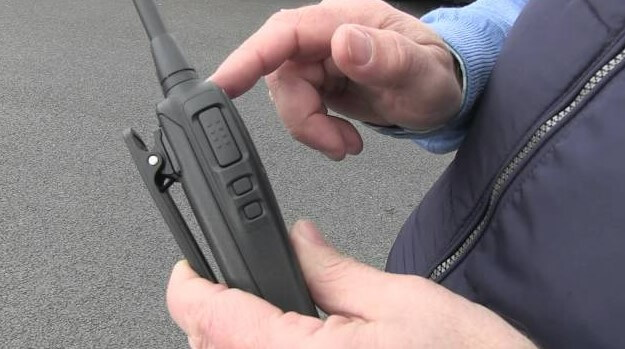
GET IN TOUCH
In a hurry? Call us at +1-724-515-4993
The Best Channels for Long-Distance Communication
Selecting the right frequency is essential when you want to communicate over long distances with your two-way radio. VHF frequencies work best for this because they can cover a large area over open terrain. It is important to remember that obstructions such as vegetation and buildings can still reduce the range of a signal. The right channel in the VHF band will increase your chances of maintaining clear communication over long distances.
Understanding the Significance of UHF Frequencies
The UHF frequency is known for its exceptional penetration capability, allowing it to pass through obstacles like buildings, walls, and foliage relatively easily. This makes UHF frequencies especially useful in urban settings and indoor environments, where communication lines of sight are often blocked. Due to this, many industries such as construction, manufacturing, and hospitality rely heavily on UHF-equipped equipment for reliable and efficient communication in enclosed spaces.
Useful Tips for Channel Selection
Adhere to these best practices for efficient and interference-free communications:
- Research and Plan: Familiarize yourself with local radio frequency regulations and laws before leaving. Choose the best channels and frequencies to suit your location.
- Use Only Licensed Frequencies: Consider obtaining licenses if you use radios professionally to reduce the chance of interference and provide dedicated channels for communication.
- Avoid Overcrowded Channels: Some channels may become congested in areas where walkie-talkies are used frequently. Avoid these channels to ensure clear communication.
- Emergency Channels: Be aware of designated emergency channels. Do not use them unless there is a real emergency.
- Test and Monitor: Test your walkie-talkies before relying on them in an emergency situation. Monitor your selected channel to ensure ongoing communication and avoid accidental interruptions.
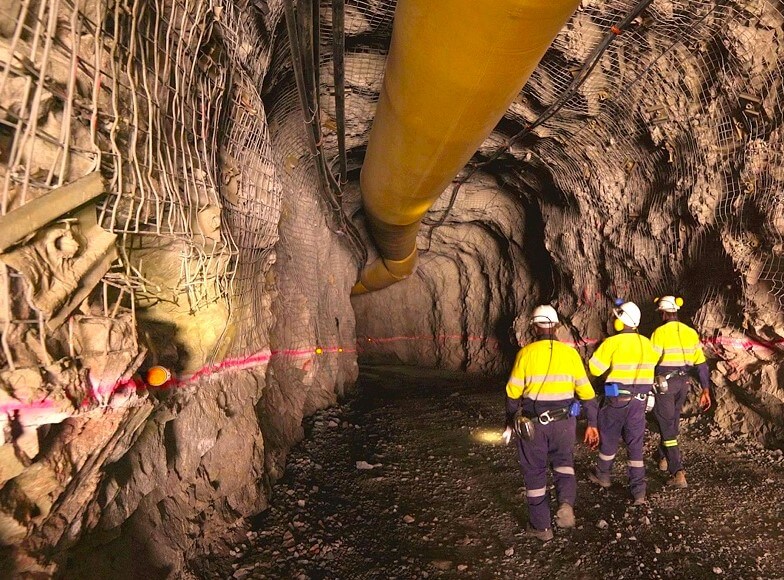
GET IN TOUCH
In a hurry? Call us at +1-724-515-4993
The Future of Two-Way Radio Frequencies
The landscape of radio frequencies for two-way communication is changing as technology advances. Wireless communication is evolving with digital communication protocols, enhanced cryptography mechanisms, and software-defined radios becoming more common. These advances promise enhanced security, better audio quality, seamless integration with digital systems, and enhanced privacy.
Contact Becker Wholesale Today
The cornerstone of effective communication is two-way radio frequency. It bridges gaps and allows seamless interaction in various scenarios. Understanding the nuances of channels, bands, and best practices allows users to make better choices for their communication. The evolution of technology is reflected in the two-way radio spectrum. For more information, contact Becker Wholesale Mine Supply today!
Products That We Offer
- VHF Leaky Feeder System
- UHF Leaky Feeder System
- SMARTSENSE®FIXED MONITOR
- RNG-500VHF Leaky Feeder Cable
- UHF Low Loss Leaky Feeder Cable
- Kenwood NX-203/303 Radios
Take control of your mining communication systems today! With Becker Wholesale Mine Supply, the leading manufacturer in the USA. Contact us now and revolutionize your mining communication systems!

